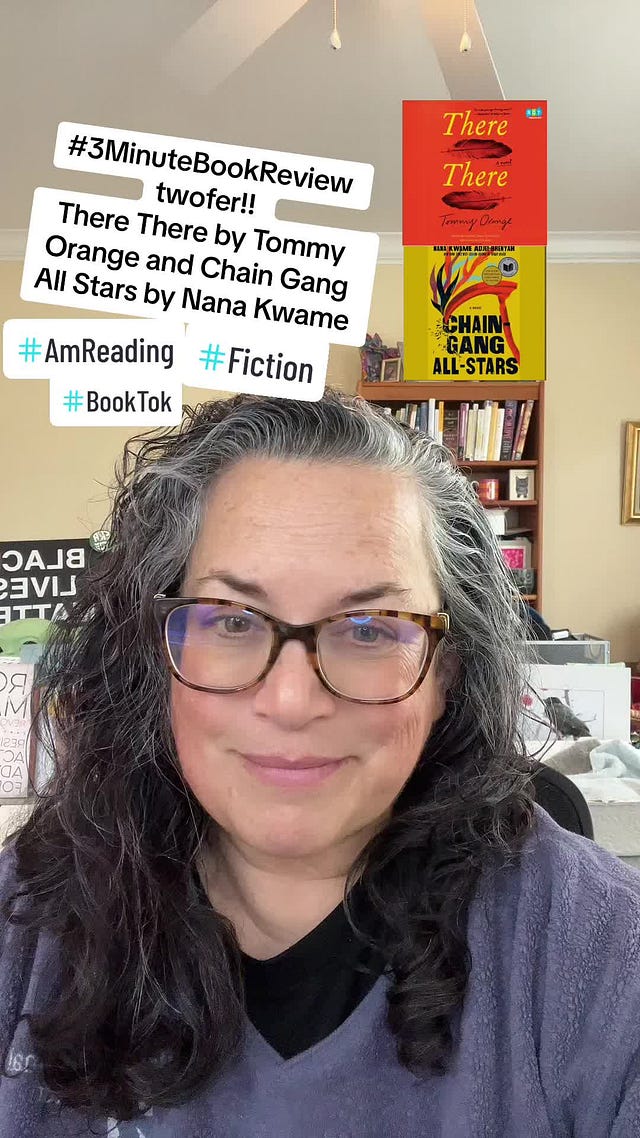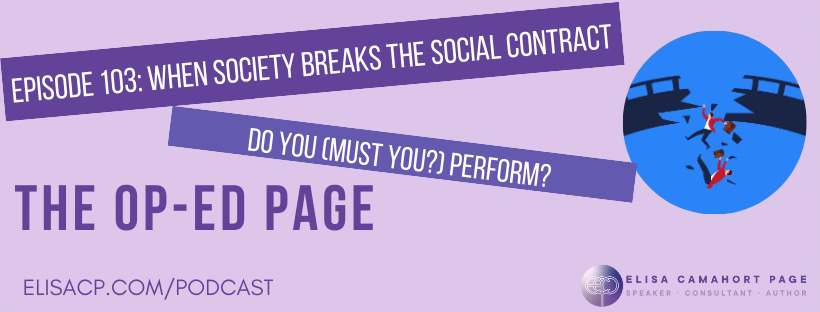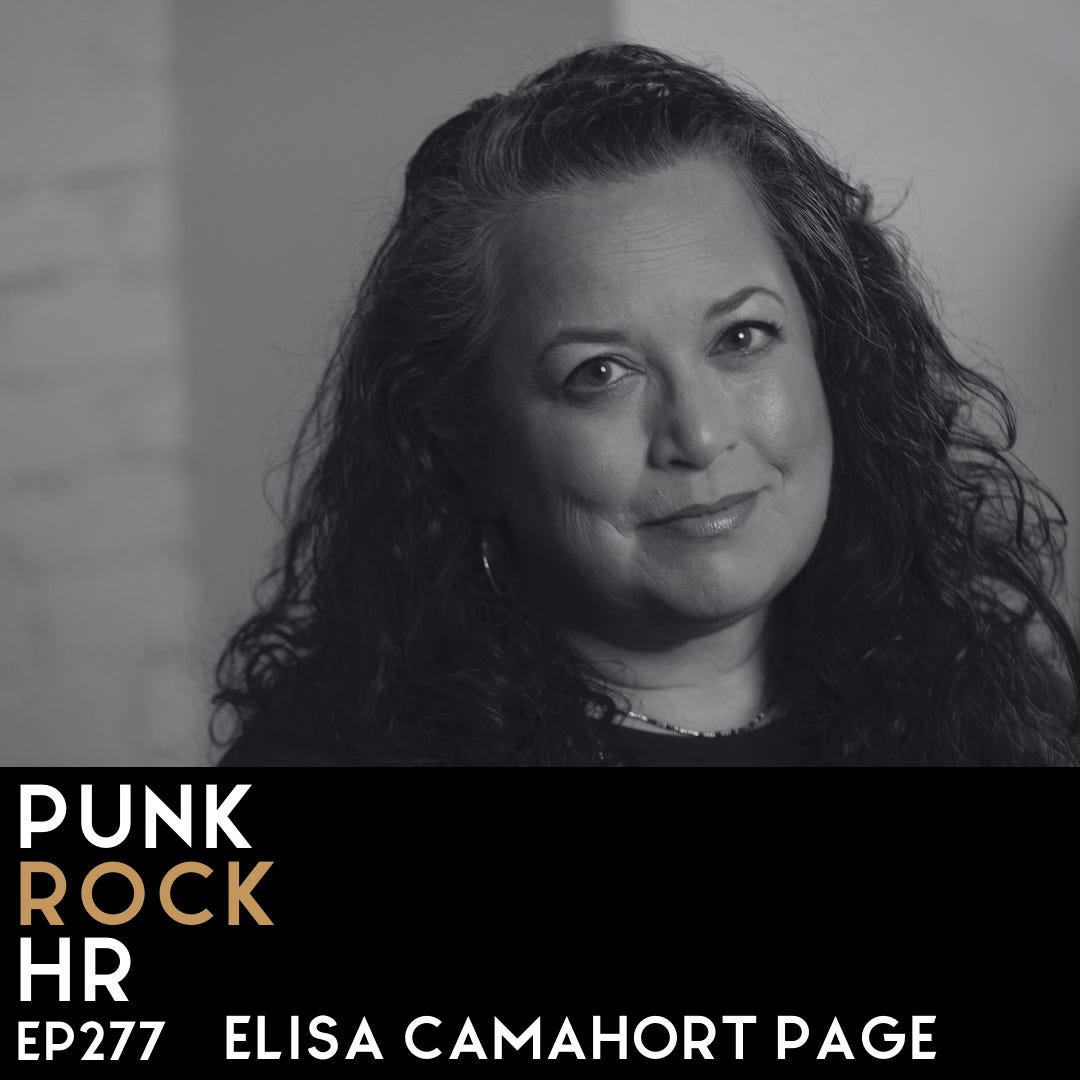The other unspoken part of my 50s
During the first half of my 50s I complained pretty vociferously that no one warned me about perimenopause. The sheer quantity and diversity of symptoms…like, literally anything that felt not right physically or emotionally could be perimenopause. It wasn’t necessarily perimenopause, but it could be. And it went on for YEARS. Almost 8 years for me before the blessed day I could state that I was now post-menopausal, not perimenopausal. Who ever thought I would say “hallelujah” about that? And the thing is, whenever I spoke to another woman 45+ it turns out she was dealing with it too. And we were all just suffering in silence.
Today feels a little different…menopause is becoming a cottage industry, but it’s a little late for that massive Boomer generation (of which I am the very youngest year).
Now is the absolute right time, though, to speak about the issue consuming my late 50s…caregiving. In my case specifically eldercare.
One of the drivers for me and my Optionality co-founder
to start the community and try to help the world of work and optimum optionality come together more seamlessly was our respective caregiving responsibilities. Hers as a parent and mine as a child. It’s not just that these responsibilities take up time, they take up mental energy; they require flexibility in case “something happens,” and they amp up anxiety and therefore fatigue. You can be smart and creative and effective and contribute at a high level, but you may not be willing or able to commit to giving 120% like you might have in the past.And we’re not alone: In addition to the 40% of US households that have a child under 18 living at home, 25% of adults give regular care to other loved ones.
When we thought about how to signal we wanted Optionality to address and discuss these topics and more we came up with the term “energy management.” As in not just physical energy, but mental energy too. Wellbeing and wellness are in there sure, but it’s discarding the moniker work-life balance, and even work-life integration, and getting to something really fundamental:
Caregiving sometimes swallows up your control of your own work-life-wellbeing equation, and the best you can do is try to manage it, not control it.
All to say: We think the topic is important enough that it is the subject of our second member webinar. I’ve lined up people who are both experts and have lived experience. I hope we’ll have a productive, and also supportive conversation.
I would love to know: Are you dealing with this in your life…how is it going????
What else is going on
The Op-Ed Page podcast
I published Episode 103 of The Op-Ed Page, and took a moment to talk about something I heard at a conference almost six months ago that has stuck with me ever since. When society breaks the social contract with you, what are your obligations to keep up and perform to spec on your end of that social contract? Is non-performance ever justified, when it comes to this social contract? I don’t think there’s a simple answer. I’m curious your thoughts after listening. As always, if you enjoy, I appreciate a share, subscribe, rating and review :)
TikToks this month
As Optionality has expanded its activities, my TikTok activity has definitely taken the hit. But I did take the time to review two books at once, and to explain why in each case I thought I would have been served by consuming the work in a different format. I’m a big audiobook convert since the 2020 lockdown seemed to steal my reading capabilities. Audiobooks helped me get my reading groover back. But they’re not always the best choice, as I opine in my latest…if so inclined, check my TikTok out!

 Tiktok failed to load.
Tiktok failed to load.Enable 3rd party cookies or use another browser
Out in the world
Jory and I did our first two public interviews/appearances about Optionality, and I’m happy to share here:
Jory and I appeared together on The Backpack Show, Chris Brogan and Kerry O'Shea Gorgone's weekly livestream talk show.
And I had recorded a guest appearance on Optionality premium member Laurie Ruettimann's PunkRock HR podcast a while back, which went live today.
We are definitely in talk-far-and-wide-about-this mode now. Where should we go next? Invite us to speak about #TheNowOfWork on your show! :)
That’s it for today. Until next time, please leave a comment and let me know your thoughts on any or all of the above. This is basically my blog now! And as always, I appreciate a share of this newsletter or my podcast.
If I can help you break through the things that keep you stuck (or if you are intrigued by the idea of securing my fractional leadership for your initiative), set up your first introductory 30-minute consult for free by booking it in my Calendly. And you can always check out my new LinkedIn Learning Course, Telling Stories That Stick, a 57-minute course on crafting your stories for different audiences (media, investors, prospects, hiring managers) and ensuring those stories stick…and convey exactly what you hope to convey.
Thanks for reading!
-E







Caregiving is a journey. I wish you all the best. It is filled with such complex emotions... there is the concern for someone's safety and how their actions and attitudes help or hinder that. There are all the unresolved issues that can lay under the surface at a point when they are not necessarily able to resolve those issues in your relationship. There are the competing emotions – wishing your loved ones to stick around, but the practical concerns that make you wish for their demise sooner rather than later – and the guilt that naturally comes from those feelings popping up in the first place. (Thoughts are not actions – don't beat yourself up).
All this swirls around with finances and health and housekeeping... and the creeping reality of one's own mortality. And when they do pass... there is a strange untethering... one strand that defines your existence slips away. So many complex feelings.
I have found it important to breathe deep and to have friends who keep you rooted ... people who remind you that joy exists. That, yes, this is temporary. Life will go on.